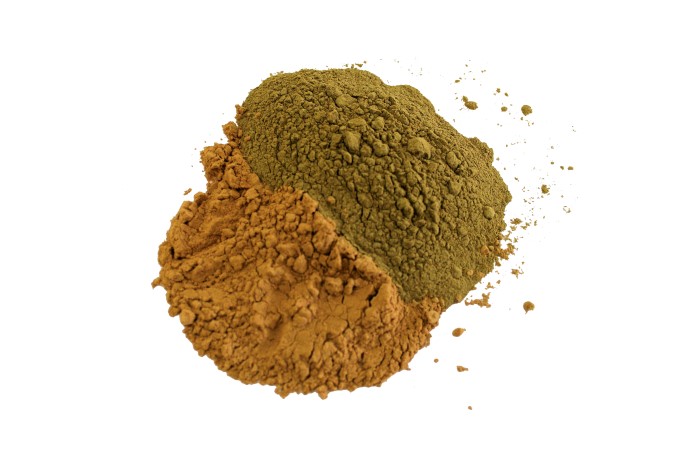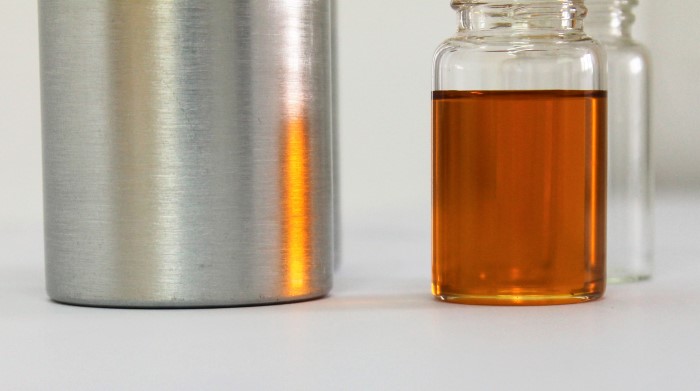
Answers to common questions from customers.
Betting on an extract without having all the information, it always raises questions. In an attempt to anticipate these queries, we gather the most common doubts from our clients.
Searching the Internet for a solution to a problem or for obtaining information about a product or service is the first action that the buyer makes today. The second action is to resolve any doubts that may arise before acquiring it. Especially if it is an unusual or unknown item.
It happens to final consumers, and also to the B2B client (business-to-business), that is, commercial transactions between companies: manufacturer and supplier, manufacturer and distributor or distributor and commerce. Today B2B buyers consult the network first to obtain reviews, prices and opinions, and once they choose the product, they consult with the commercial agent if any doubt persists.
Many of the questions are usually common. For this reason, we have gathered the most frequent inquiries that Nutexa customers usually make us with the intention of helping the buyers.

Extracts of rosemary from Nutexa in powder format.
ABOUT ROSEMARY EXTRACTS
_ Do the rosemary extracts provide aroma to the product?
Rosemary extracts are deodorized, although they still maintain part of their aroma. Even so, in order to apply them in a formula, they are imperceptible in the final product since the required doses are very low and are mixed with other ingredients.
_ We want to apply a natural antioxidant in our product, which would be the best option?
Rosemary extracts are one of the major antioxidant food agents. There are several types, in different presentations. The choice depends on the ingredients included in the formula. For example, rosemary powder extract standardized as total of carnosol and carnosic acid can only be dissolved in fats and oils.
Read more about the functions of rosemary extracts in this article.
_ How much dose of rosemary extract should we apply?
First, it depends on the way in which you want to declare the extract on the label. If we want to consider it as a food additive or to use the term antioxidant, we must follow the doses set by the european legislation on additives, which includes rosemary extract standardized as total of carnosic and carnosol acid inside the category of antioxidants under the numeric code E-392.
Read more about the labeling of rosemary extracts.
In the rest of the cases, it will depend on the kind of product and the additional ingredients. The usual doses are between 200 and 1000 mg of extract per kilogram of product, with the client finally determining the exact dosage from the tests performed.
_ How does the production process affect the extracts?
The temperature and cooking time to which the final product is subjected affect all ingredients, including the extracts. And while rosemary extract is a stable component, it is inevitable that, the higher the temperature and the longer the exposure time, the greater the degradation it will be. Consulting the project with the extract manufacturer is key when applying solutions in order to ensure the effectiveness of the product.
_ How much extra shel life do rosemary extracts provide?
You can not set a accurate number. It depends on the type of ingredients that the final product includes, the process of elaboration and the dosage of the extract. Each product ends up being particular and the only way to know its shelf life is to perform the appropriate tests.

Nutexa Olive Fruit Extract in liquid format.
OTHER NUTEXA PRODUCTS
_ Which is the difference between ‘Olive Fruit fluid extract’ and ‘Olive Fruit extract’?
Olive fruit extract refers to the extract of Hydroxytyrosol that is obtained from the pulp of the olive.
This type of extracts comes in two formats: fluid and powder. Therefore, the general term Olive Fruit extract can refer to both formats..
_ Does the Olive Seed Flour provide flavor?
The doses used in the different products in which we can apply the olive seed flour vary between 1.5 and 8% generally. The higher the dose, the greater the olive aroma, taste and color. It also depends on the other ingredients. However, in the usual doses used in dough masses, the organoleptic properties of the olive tree are almost imperceptible.
More information about the applications of olive seed and olive seed flour.
_ Is there a control over the content of pesticides in the raw materials or final products?
Yes, there is. All Nutexa products are subject to strict control over the content of pesticides and other elements such as allergens. In addition, Nutexa has the certification of the FSCC 22000 standard, which guarantees compliance with the highest and strictest food safety standards.
_ Do you work with organic ingredients?
Currently we work with organic rosemary extract and olive fruit extract with the Ecocert certificate, following our commitment to develop sustainable ingredients and respectful with the environment.
Do you have a different question? Contact Nutexa to solve it?




